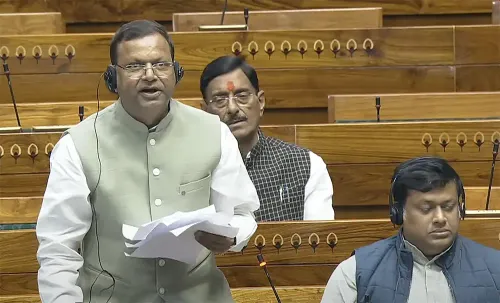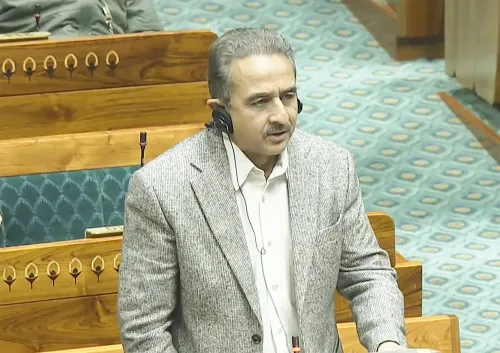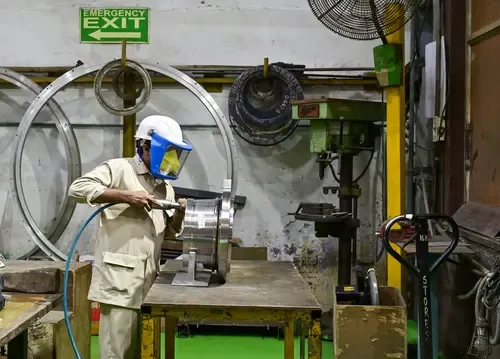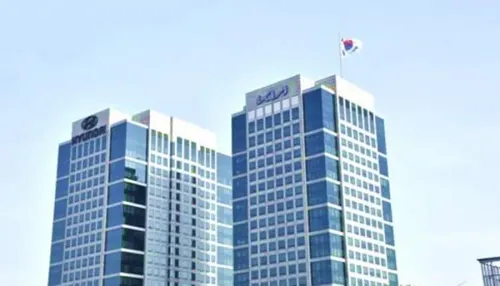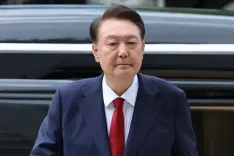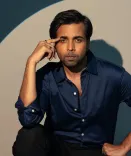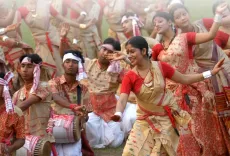Should the Youth Steer India’s Next Chapter as ‘Vishwaguru Bharat’?
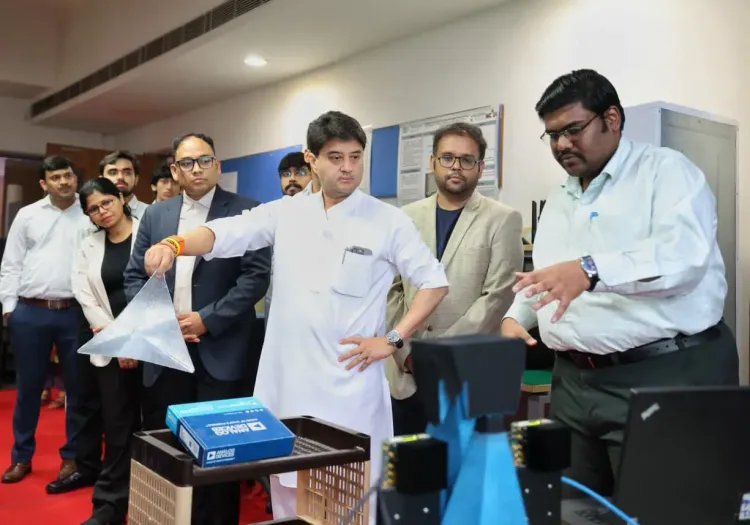
Synopsis
Key Takeaways
- Youth leadership is vital for India's future as 'Vishwaguru Bharat.'
- AI development must focus on responsibility and humanity.
- India aims for 10% of global patents by 2030.
- Students should harness their knowledge for national development.
- Return of talent from abroad can transform brain drain into brain gain.
New Delhi, Aug 29 (NationPress) Union Communications Minister Jyotiraditya Scindia passionately urged the youth to steer India’s forthcoming chapter as ‘Vishwaguru Bharat’.
Speaking at the ESYA tech festival hosted by IIIT-Delhi, he referenced India’s illustrious history as a global center of knowledge.
“From Aryabhata’s zero to groundbreaking advancements in medical science and surgery, and from Nalanda to Takshashila which attracted seekers worldwide, our pursuit of knowledge is embedded in our identity. The vast library at Harvard cannot compare to Nalanda. That essence still thrives within us,” emphasized Scindia.
Describing the Tech Fest as a ‘launchpad to realize bold aspirations,’ Scindia emphasized that India’s ascension hinges on its youth.
On the subject of technology, he reiterated the significance of AI, stating that while IT revolutionized the past four decades, AI must not only be developed but also be ‘Responsible AI for All’ — enhancing humanity rather than overpowering it.
The Minister underscored India’s burgeoning leadership in cutting-edge technologies. The Telecom Technology Development Fund (TTDF) has invested in over 120 forward-looking projects including quantum computing, terahertz communication, bio-nano systems, indigenous chipsets, and encrypted routers.
He confirmed India’s ambition to become a global frontrunner in 6G and to contribute at least 10% of global patents by 2030, emphasizing that the core of this lofty goal resides among India’s students.
Scindia reminded students that India’s ascent is rooted in its civilizational values, asserting, “We are a nation that has never initiated war and believes in Vasudhaiva Kutumbakam.”
He encouraged students to innovate for Bharat, creating solutions for farmers in need of precision agriculture, children in digital classrooms, and patients in small towns relying on tele-health services.
To future innovators contemplating studying abroad, the minister urged them to attend the best institutions and work in leading laboratories but to return home, bringing their knowledge and aspirations to help rebuild India into the ‘Golden Bird’ it once was, effectively transforming brain drain into brain gain.


